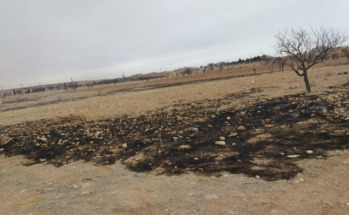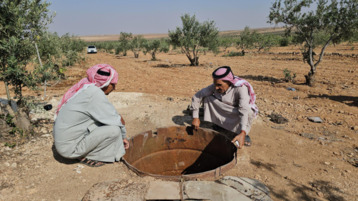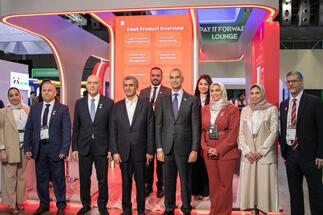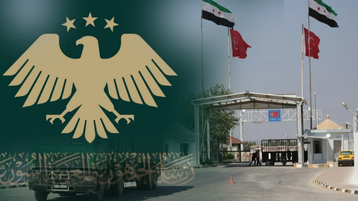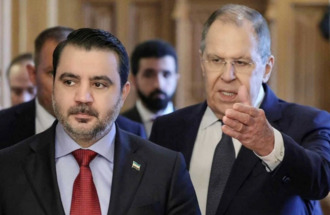-
Ahmed Mowafaq Zeidan: Foreign Fighters Will Become Part of the Syrian Army
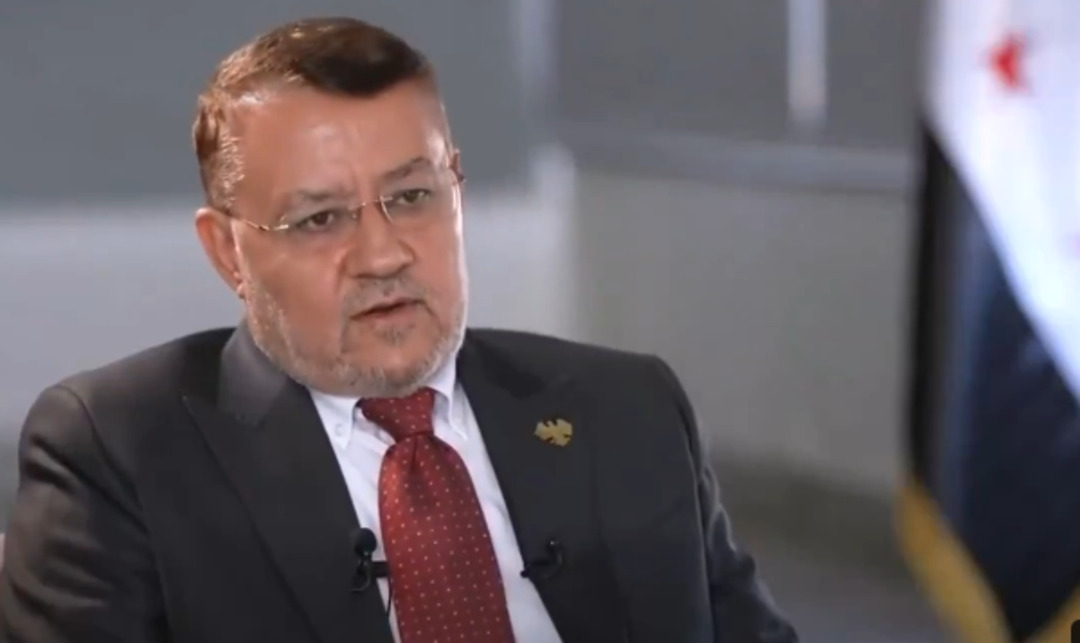
The statement by Ahmed Mowafaq Zeidan, the Syrian advisor close to the Syrian regime and to Ahmad al-Shar’a, regarding the fate of foreign fighters present in Syria has sparked widespread controversy in the Syrian street and media. The statement was made in the context of his comments on the future of these fighters and the regime's plans to deal with them, where he indicated that some of them might merge into the ranks of the Syrian army. This raises questions about the level of control and oversight over these fighters after their potential integration, especially if they flee outside Syria.
Zeidan stated that "foreign fighters fighting in Syria might become part of the Syrian army," adding, "If they lose control anywhere on the ground, who will control them? The issue raises questions and fears about threatening national security, especially if they disperse outside Syria."
The statement has raised concerns among Syrian circles about the regime's ability to manage foreign fighters, and whether their integration into the army would ensure effective control over them.
- The statement is viewed as paving the way for providing legal or logistical cover for the integration of these fighters, which has met with disapproval from opponents and the Syrian public, who fear the expansion of these individuals' influence beyond control.
Many observers and activists in the Syrian street criticized the statement, considering it lenient towards elements who may have foreign agendas and could impact the country's security.
Other analyses suggest that the statement reflects the regime's policy of trying to merge foreign fighters to ensure their loyalty and reduce security risks, but without a clear plan to prevent their dispersal or loss of control.
The statement received reactions from some countries concerned with the Syrian issue, with some considering that talk of integrating foreign fighters might open the door to complex security and diplomatic complications in the region.
International entities have called for monitoring any steps toward integrating foreign fighters into Syrian military institutions.
- The statement highlights the urgent need for clear policies on managing foreign fighters, with guarantees to prevent the infiltration of elements that could threaten security and stability.
- The international community and human rights organizations should oversee the implementation of such policies to prevent their exploitation for illegal or security purposes.
- Support efforts for national reconciliation and thoughtful reintegration, with strict procedures to ensure these fighters do not go out of control.
A statistical research study prepared by the German Center for Studies ("Virel") and published last evening Sunday revealed that the "largest gathering of foreign fighters in history occurred in Syria, with the number of nationalities reaching 93 from all continents, including Oceania, with fighters coming from all Arab countries without exception."
The study explained that the total number of foreign fighters from all nationalities who fought against the Syrian army from April 2011 until the end of 2015 reached 360,000, participating in shifts—in other words, they did not gather at once.
This number includes men, women, those involved directly in combat, military or logistical support, doctors, nurses, and "pleasure fighters" (Jihadists involved in sex or marriage activities), among whom 95,000 were killed, according to the study.
Ahmed Mowafaq Zeidan’s statement indicates an attempt by the Syrian regime to accommodate foreign fighters within its forces, but it clearly opened the door to questions about the state’s ability to monitor these individuals and ensure national security. It is essential that any such steps be accompanied by clear security plans and international oversight measures to prevent the exploitation of these measures in spreading chaos or threatening regional security.
You May Also Like
Popular Posts
Caricature
opinion
Report
ads
Newsletter
Subscribe to our mailing list to get the new updates!

